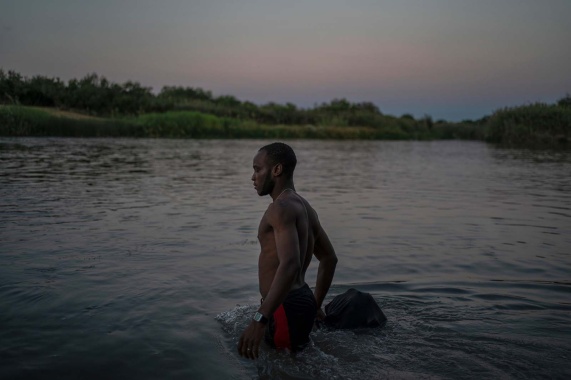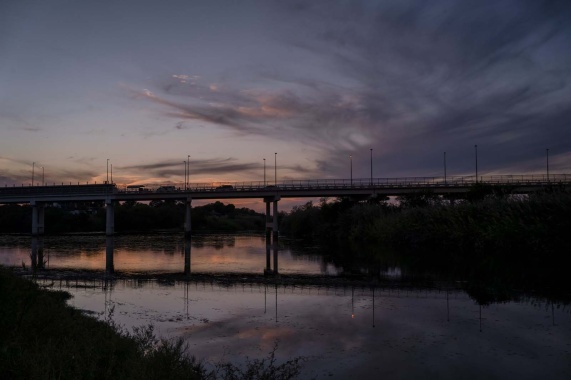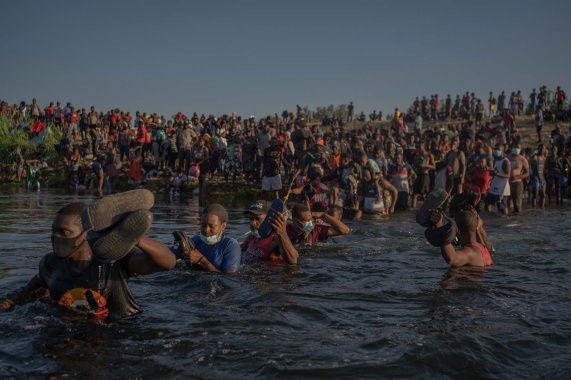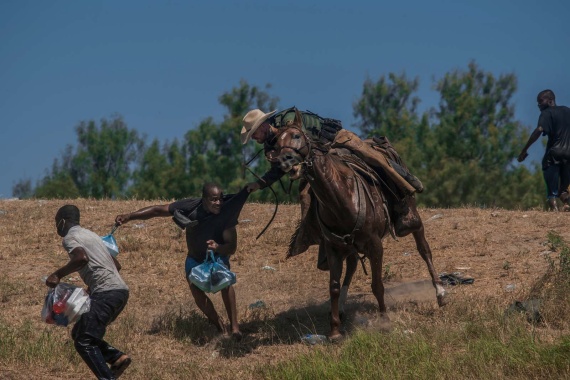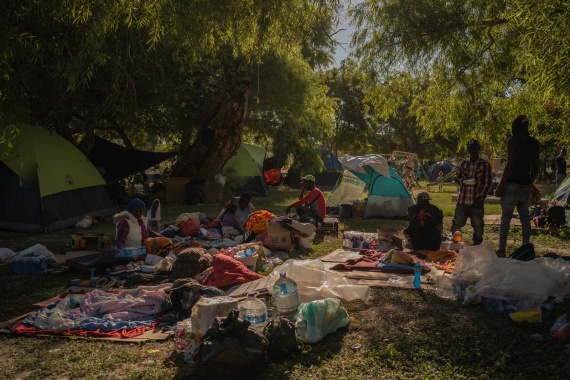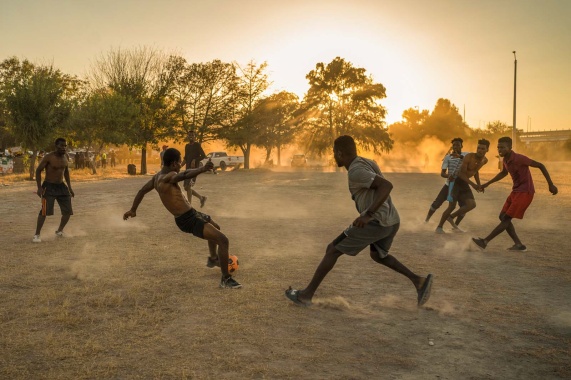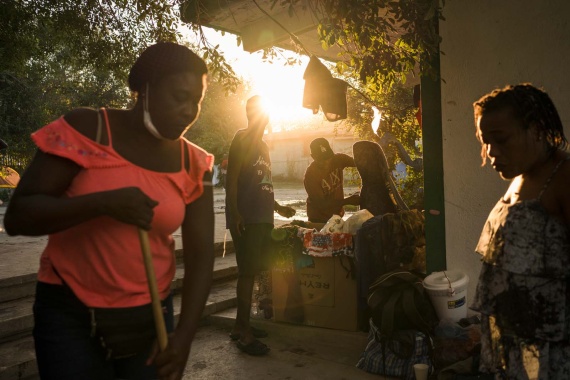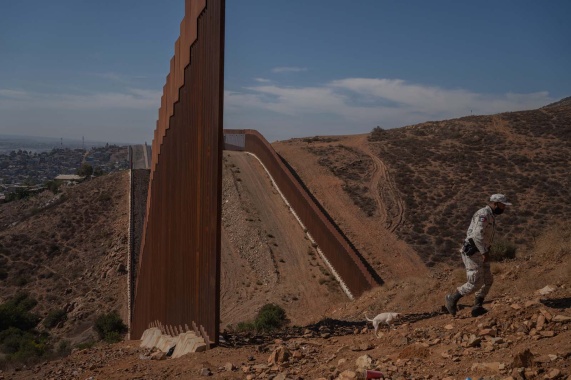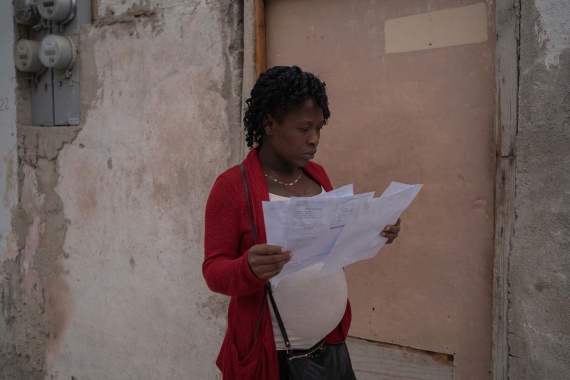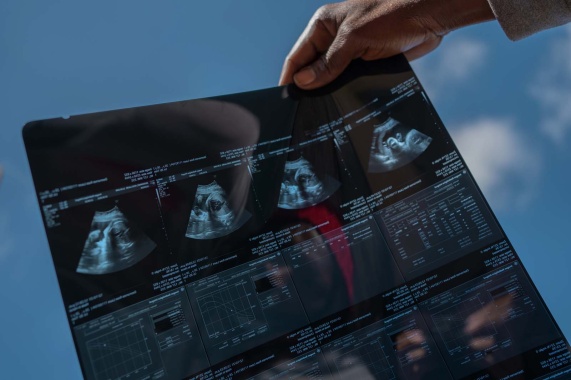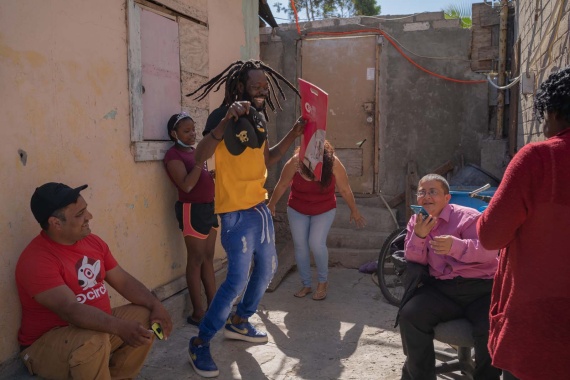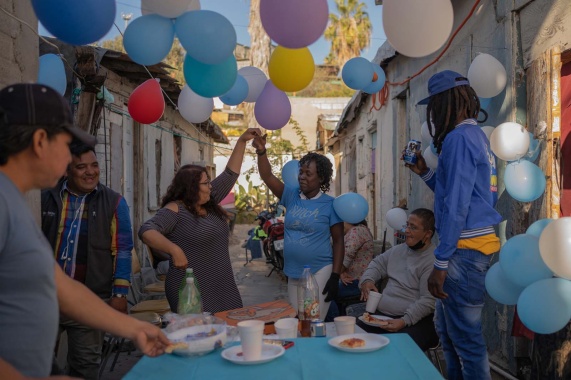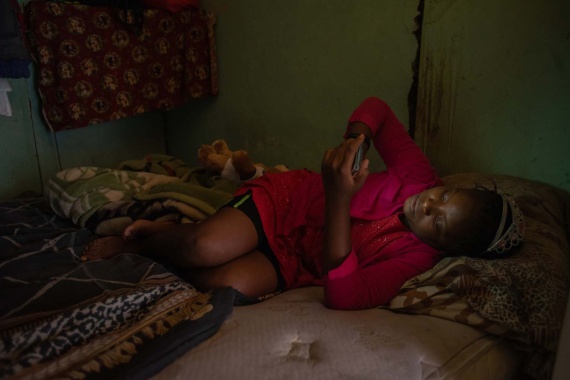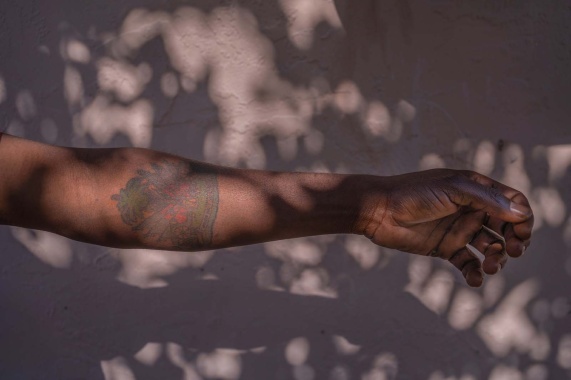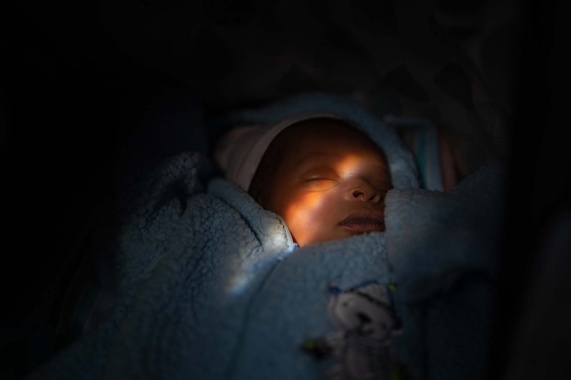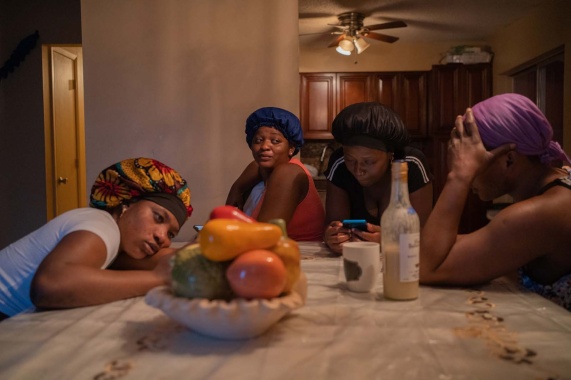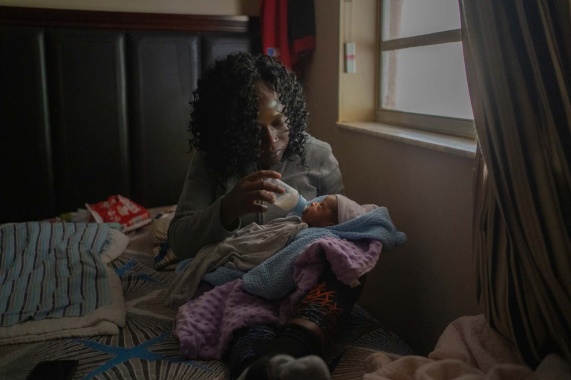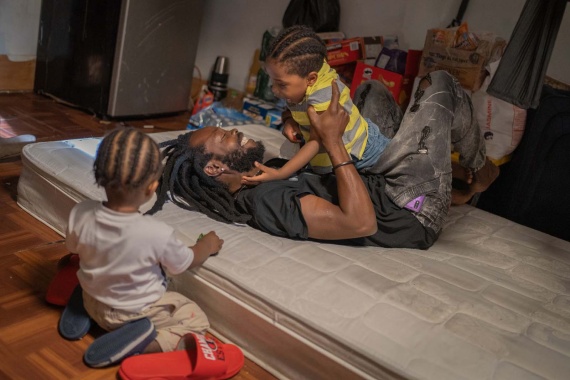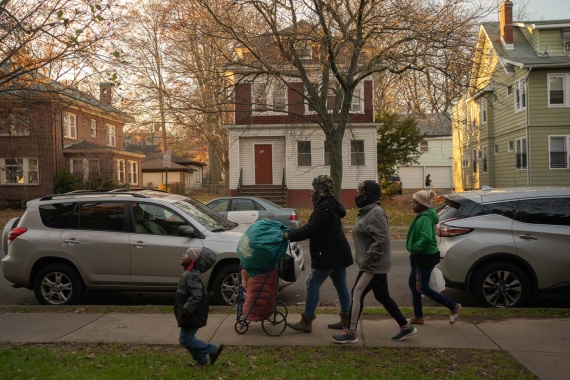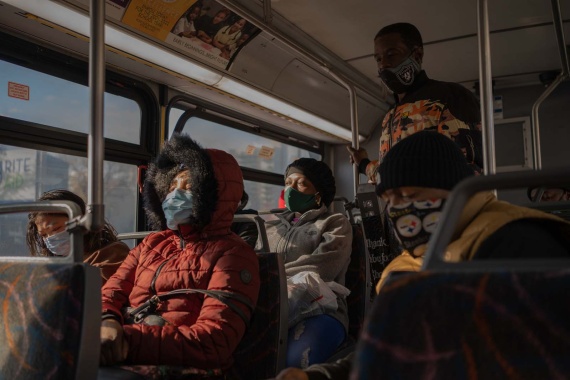Victoria Razo – Haitian Migration Crisis
Rose Desmornes and her husband Jean Kely Dorjean are two, of more than 10,000 Haitians, who tried to cross the wall from Mexico into the United States last year. Photojournalist Victoria Razo met them, while she was working on a photographic project for National Geographic. She decided to spend a number of months accompanying the family, during their start in a new life.
Earthquakes and tropical storms, protests and violence, a weak economy and corruption: over many years, the Caribbean island state of Haiti has had to deal with numerous crises. Many Haitians have set out and left their homes, in search of good fortune and a future outside the country. In the mid-nineties, over three million people emigrated. Whether to Mexico or the United States, not every attempt met with success; for many, their great hopes were not fulfilled. Last year, in September alone, over 10,000 Haitians crowded the border at Del Rio, Texas, hoping to get into the United States. For Mexican photojournalist Victoria Razo, this was reason enough for a project: “I travelled to Tijuana because I was looking to document the Haitian community that is already established in Mexico,” she says. “And, in meeting people from the community, I met Rose, who introduced me to her husband and daughter. Her family’s story, in particular, made an interesting case for me, because of the experiences they had lived through, and because they were expecting a baby.”
“I wanted to show the hard and real difficulties that migrants experience, such as when they face the border patrol; but focusing on the warm and human side of a family that is forced to move away from their friends and family; people who sacrifice everything and travel thousands of miles in search of a decent life for their children, because in their country of origin there are difficulties to have one.”
Rose Desmornes, Jean Kely Dorjean and their two children are at the centre of the “Haitian Migration Crisis” series. The family come originally from Port-au-Prince; but Rose and her husband spent a long time in Mexico, trying to start a new life that would earn them an income and the promise of food on the table. Shortly before the birth of their second child, their son Broyenst, they decided to flee to the USA. Razo accompanied the family, from Mexico to Florida and New Jersey. They are representative of so many people who share stories of farewell, danger, loss and promise.
Jean Kely plays with his nephew; Rose sits in the kitchen with other women, or feeds her son: the photographer captures moments of family life, observing their daily activities and accompanying them in their new venture. “Documenting the family, I was looking to capture the most intimate moments that any family has,” Razo explains. “I first took the time to learn about their lives and to understand their migratory situation. It’s important to create a small bond of trust, and that they feel as comfortable as possible having the camera inside their home for several days.”
“Personally, I think photography is a very powerful communications tool, and, therefore, of denunciation. In the case of this project, the photograph showing the mistreatment of migrants by border patrol agents mounted on horseback, achieved an awakening of empathy in society.”
In addition to personal glimpses into the family’s life, Razo’s series also returns, time and again, to the dramatic situations at the border: mass panic, when crossing the river; confrontations with officials; and conditions at the reception camps. Despite the seriousness of the subject, the aesthetic of her images is always characterised by visual harmony and lush colours; her subjects are often bathed in the light of spectacular sunrises or sunsets. The photographer considers that this is part of the message she wants her pictures to convey. Razo hopes to continue working on human rights’ issues for many years to come – sharing stories that take place in different parts of the world.

Victoria Razo
Born in 1994, the freelance photographer lives between Mexico City and Veracruz, Mexico. Her work focuses on human rights, gender, migration and environmental issues. She works for National Geographic, Agence France-Presse, and the Cuartoscuro Agency, among others. In 2021, one of her images was selected as National Geographic’s Photo of the Year.
